Early Childhood Development
Learning development starts long before a child begins kindergarten. A child’s development is strengthened through regular interaction and stimulation in both the home and in quality early learning settings.
Here are five things to know about child care and childhood development:
- During the earliest years of life, the brain is most flexible and responsive to learning, forming over a million new neural connections every second.
- Attending high-quality care can help kids build important skills, like learning to read, recognizing letters and the sounds they make, understanding and using math, and developing strong speaking and listening abilities.
- A large review of studies (meta-analysis) found that kids who attended high-quality early learning programs were less likely to be held back a grade and more likely to graduate from high school.
- High-quality early learning has positive long-term effects on children’s cognitive development, capacity to understand and manage emotions, ability to get along with others, and means to build relationships through kindergarten and beyond.
- Attending early learning and care programs have been associated with significant reductions in special education placement.
Learn more:
Posts
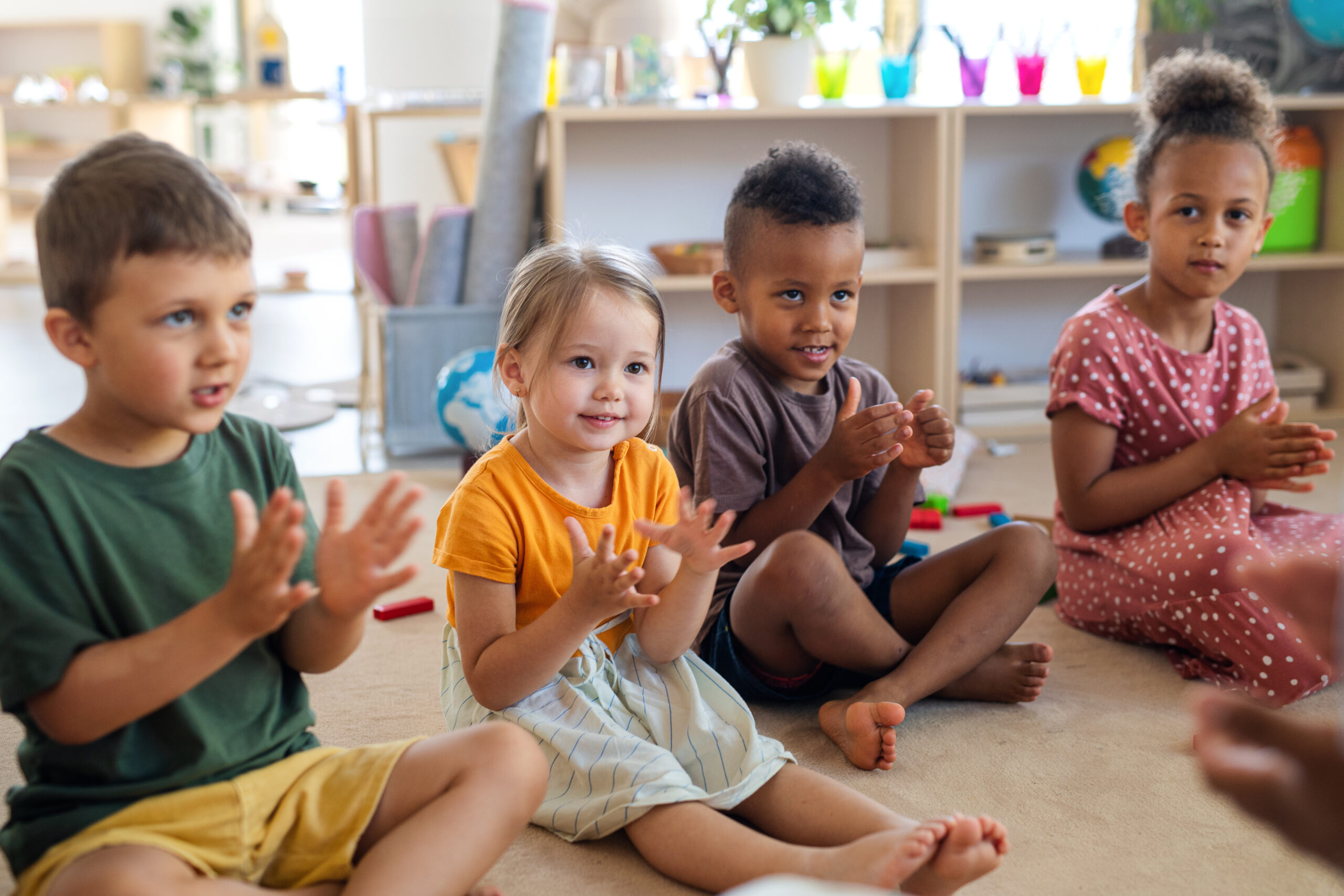
Resource
January 22, 2026
The Preschool Development Grant Birth through Five (PDG B-5) program is a competitive federal grant program that plays an essential role in ensuring state child care and early learning systems …
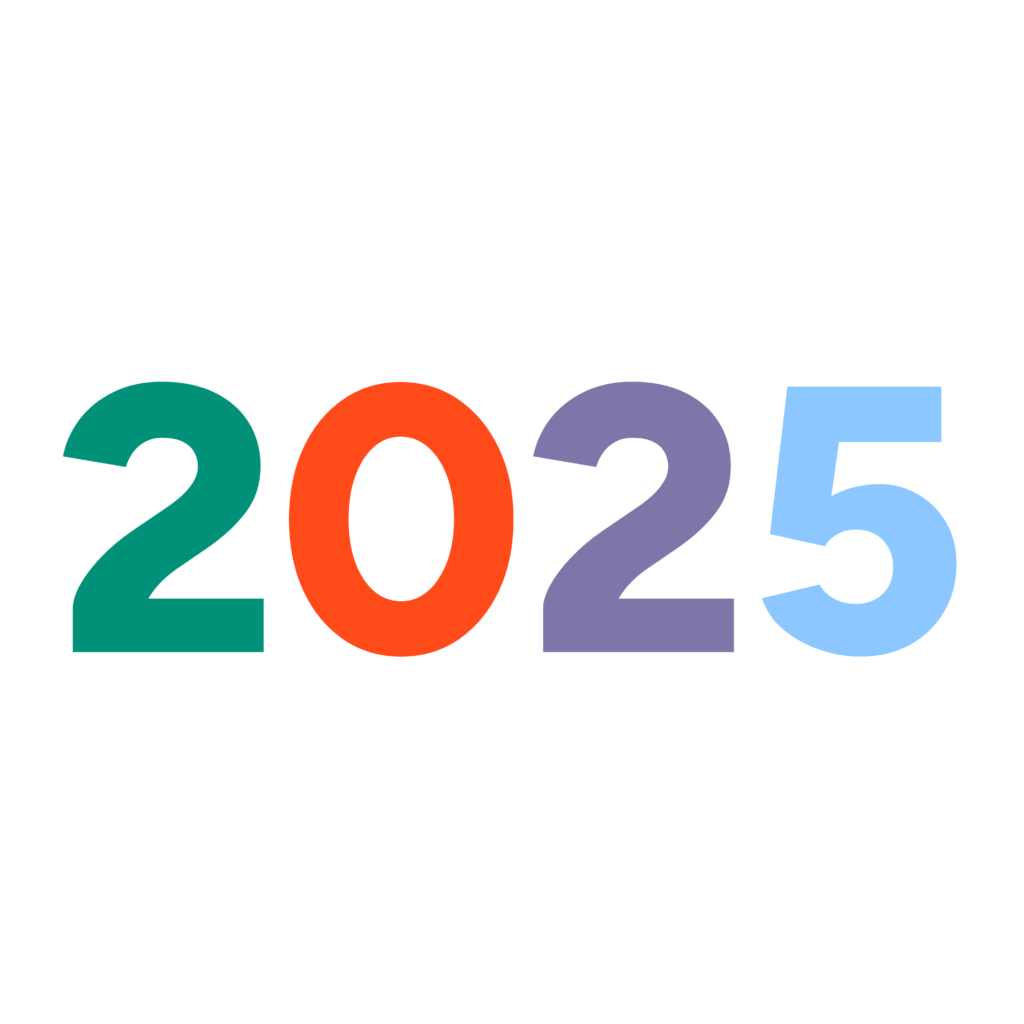
Resource
December 16, 2025
Even in a year marked by a government shutdown, political turbulence, and general unpredictability in Washington, 2025 gave us plenty to celebrate for child care and early learning. Families, advocates, …

Resource
October 29, 2025
The Maternal, Infant, and Early Childhood Home Visiting (MIECHV) program provides federal funds to states, territories, and tribal entities for voluntary, evidence-based home visiting services.
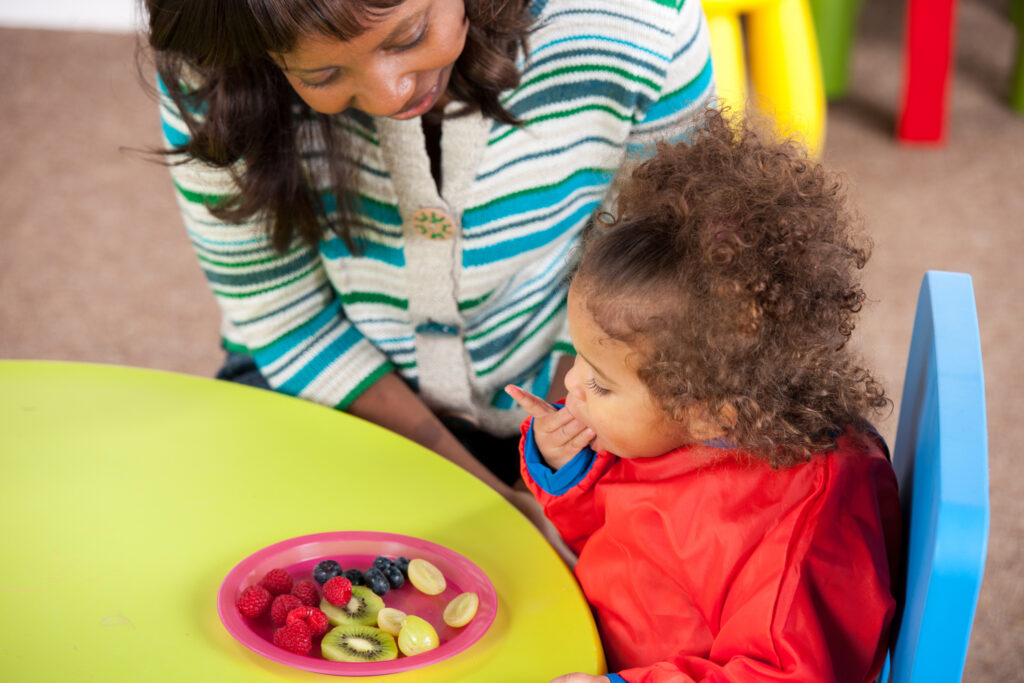
News
September 23, 2025
UPDATE: On September 23, ACF announced more than $61 million in supplemental nutrition funds to over 290 Head Start grantees across the country. Find the complete list of grantees and …
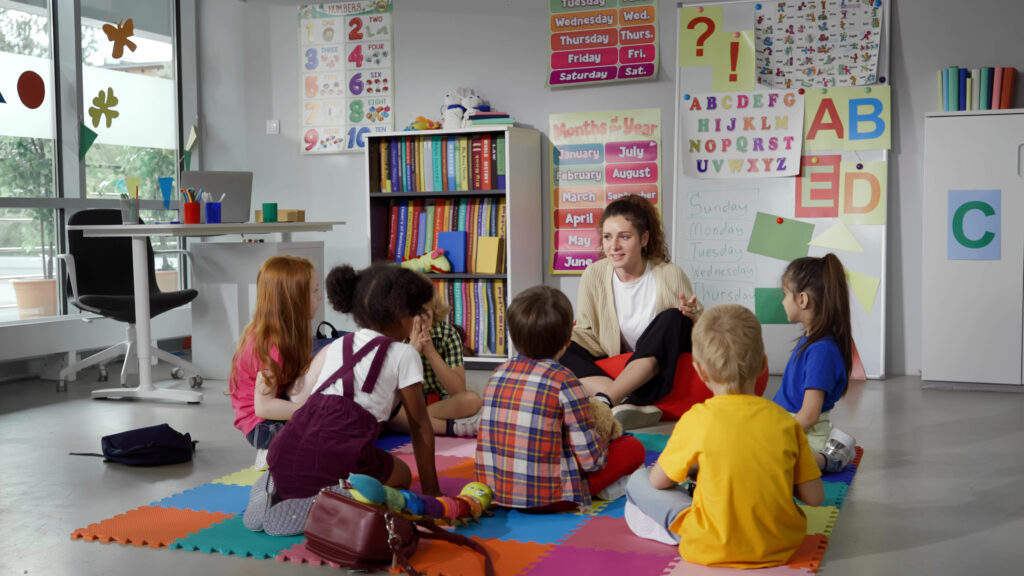
Resource
September 11, 2025
IN A NUTSHELL The Head Start program has served more than 40 million children in its 60-year history—giving kids a strong start through early learning, health, and nutrition services. Children …
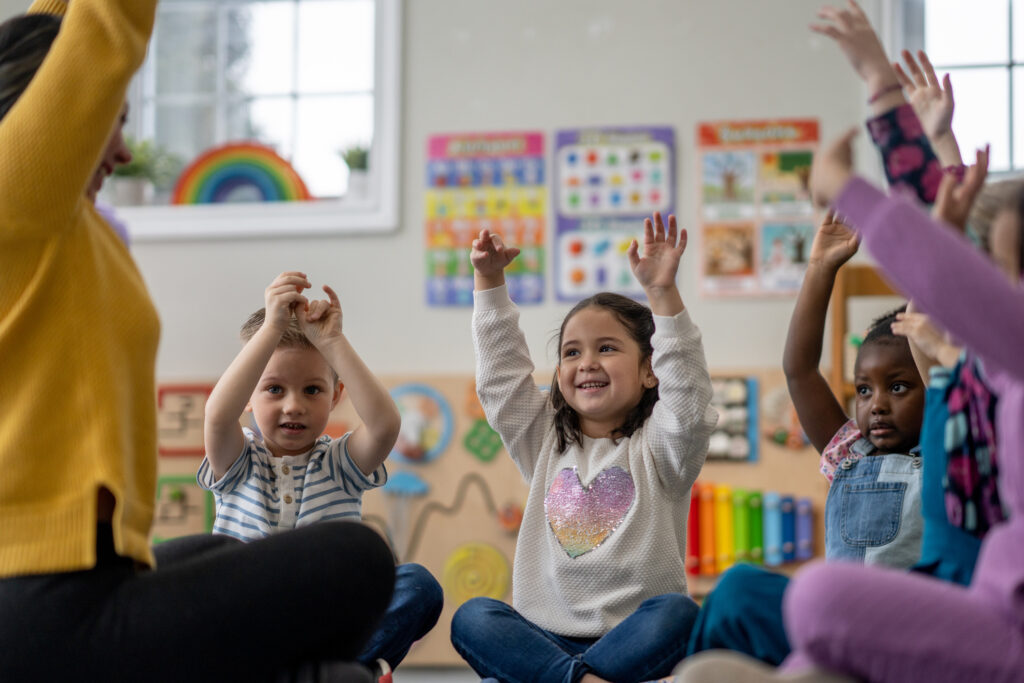
Resource
August 19, 2025
Due to limited budgets and capacity, many states struggle to support the important activities – like data collection, research, infrastructure development, and other quality initiatives – that can make their …
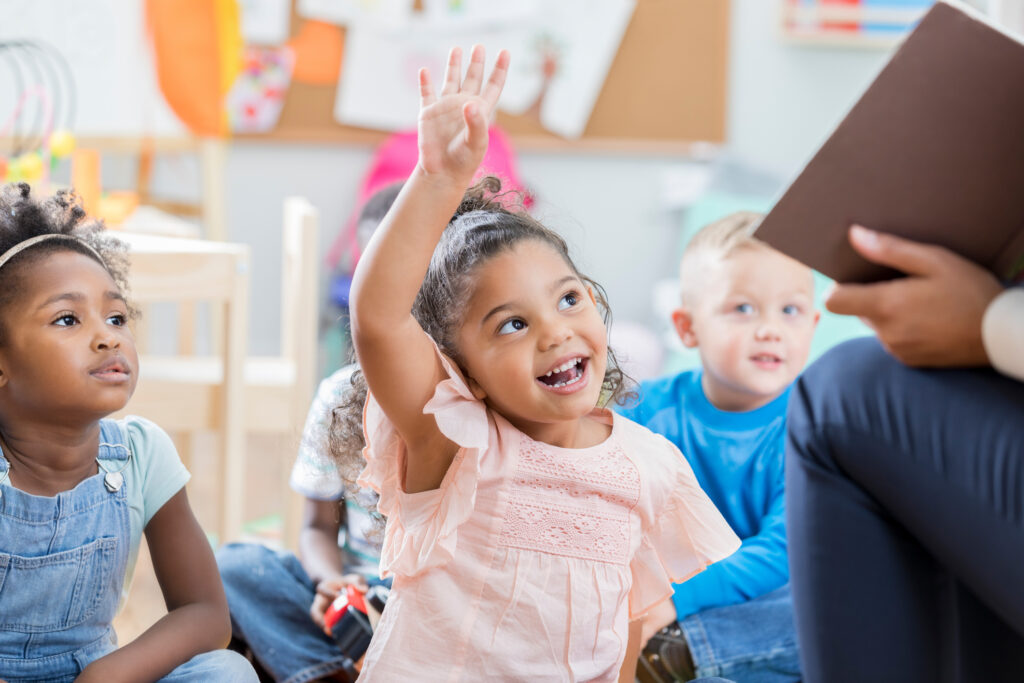
News
August 6, 2025
Preschool enrollment has the potential to substantially impact parents’ incomes. Parents’ Earnings and the Returns to Universal Pre-Kindergarten, a study on the economic impact of universal pre-kindergarten (UPK) enrollment in …
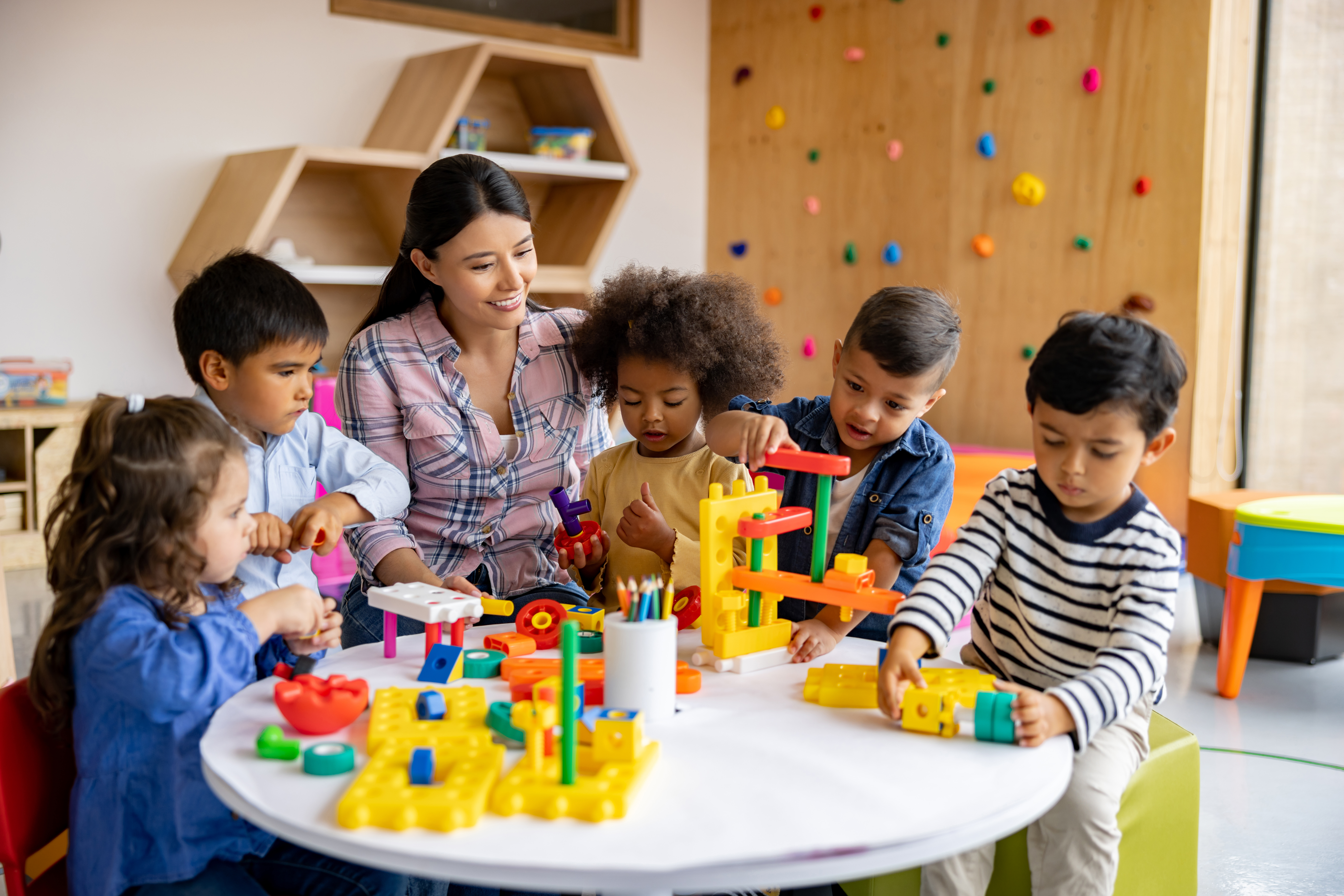
Resource
May 20, 2025
Head Start is a federally funded program that delivers comprehensive early learning, health, nutrition, and family support services to children ages 3 through 5 experiencing poverty and their families. More …
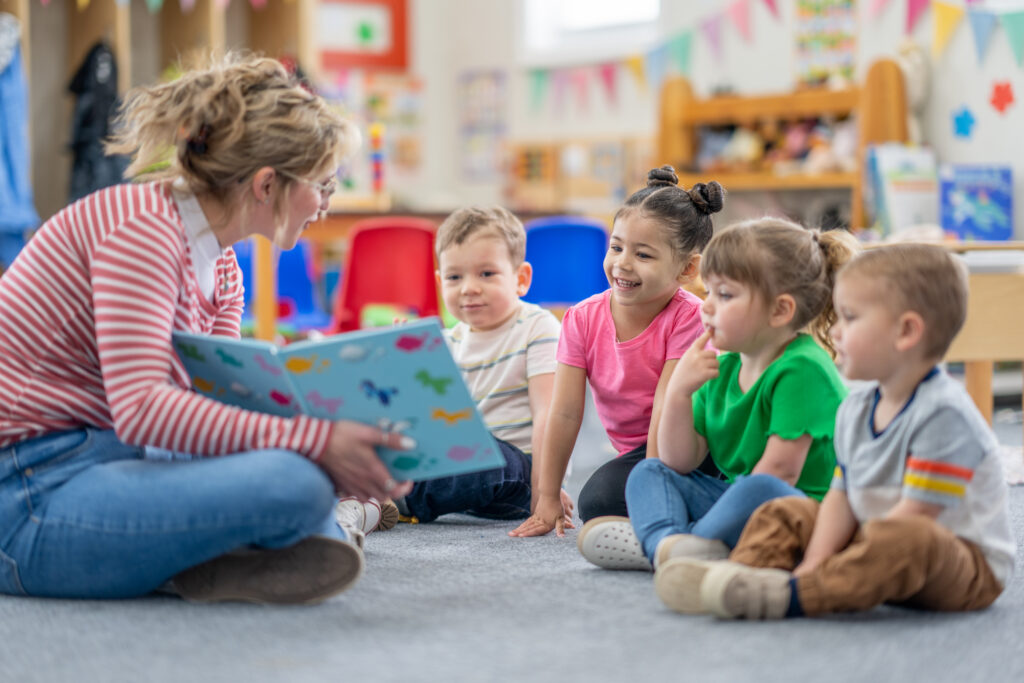
Resource
May 9, 2025
Head Start has been making a difference in the lives of children and families for more than 60 years. Since its beginning, the program has reached more than 40 million …

News
August 22, 2024
The Office of Head Start (OHS) published the final rule on August 21st, titled Supporting the Head Start Workforce and Consistent Quality Programming, updating the Head Start Program Performance Standards. …
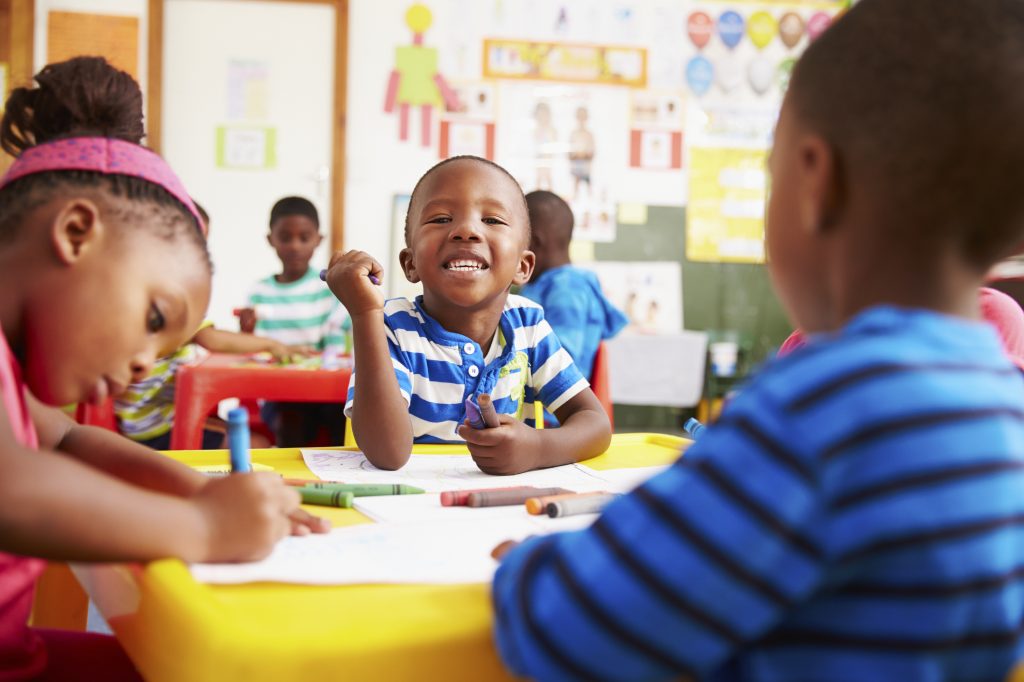
News
May 7, 2024
Last week, the U.S. Department of Education (ED) announced two new grant opportunities that include invitational priorities to support transitions to kindergarten: The Teacher Quality Partnership (TQP) and The Comprehensive …

Resource
May 2, 2024
The National Institute for Early Education Research (NIEER) recently released the 2023 State of the Preschool Yearbook, their annual report detailing state preschool policies. This edition provides comprehensive data on …










